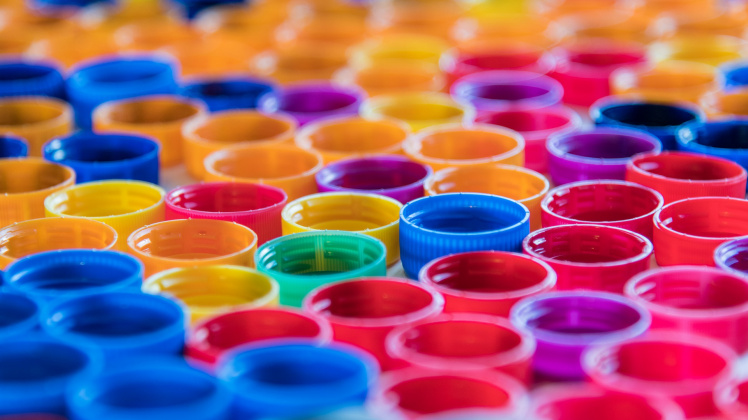About
BETTER PLASTICS project aims to be the Mobilizing Project of the Plastics Sector in Portugal and leverage the transition of this sector to a circular economy. It comes from an initiative of APIP, Associação Portuguesa da Indústria dos Plásticos, which intends to mobilize the private sector together with National Authorities, Universities and Citizens to the objectives of European Circular Economy.
The value chain of the Plastics Sector, based on challenges of Circular Economy and Sustainability, is in deep change. If today there are raw materials producers, processing companies and a set of recycling companies, the new Plastics Value Chain in Portugal must be composed by chemical industry, raw materials producers, processing companies, brand owners, distribution, waste management and treatment companies and recycling companies, which in addition to Mechanical recycling, will have chemical and thermochemical recycling, fundamental for the production of new recycled-based polymers.
BETTER PLASTICS proposes to ensure the sustainability of the new value chain of plastics sector in Portugal, through the creation of a R&D and Innovation strategy to develop new materials, products, processes, systems, technologies and services that respond to current and future challenges and ensure plastic's circularity in Portugal. The consortium formed by 25 entities that represent the entire plastics sector in Portugal. Involving companies from different subsectors of plastic and ENESII with complementary scientific competences that allow a complete approach of the different areas of knowledge for the development of the industry. BETTER PLASTICS is structured in 5 main PPS: Circularity by Material Design, Circularity by Product Design, Circularity by Recycling, Circularity by Alternative Raw Materials and one last dedicated to Project Coordination, Promotion, Dissemination and Valorisation of Results.
CERENA is the scientific coordinator of PPS 4 - Circularity for Alternative Raw Materials and Research line 1 - Development of biodegradable materials based on the valorization of food waste and biomass.

